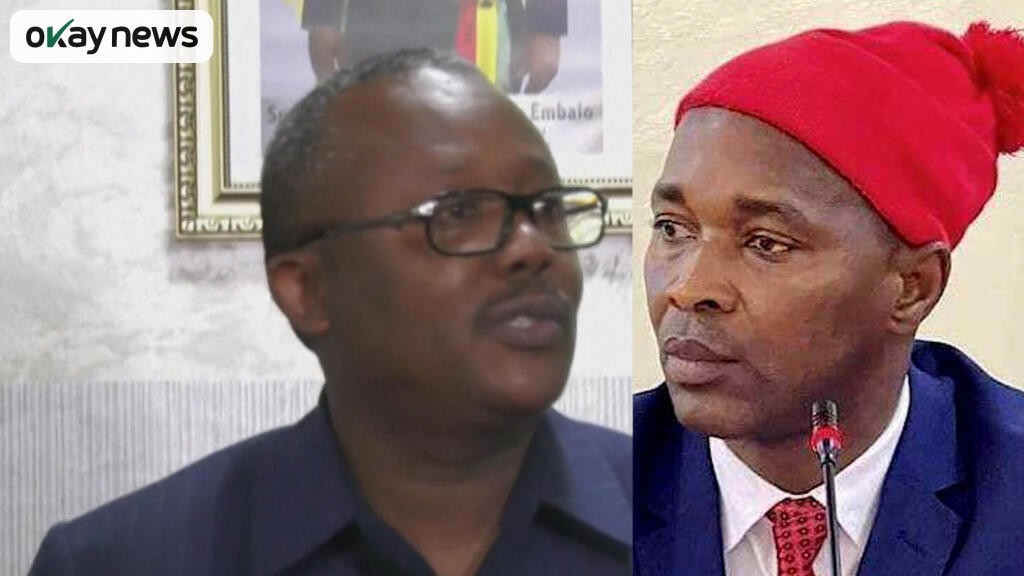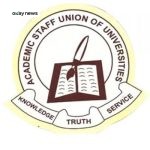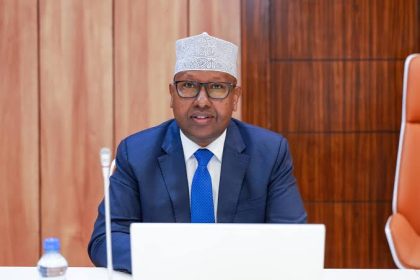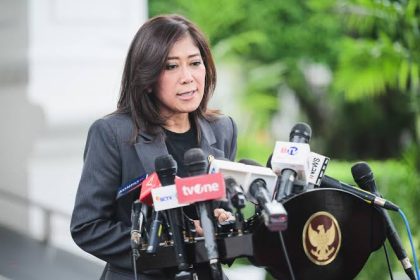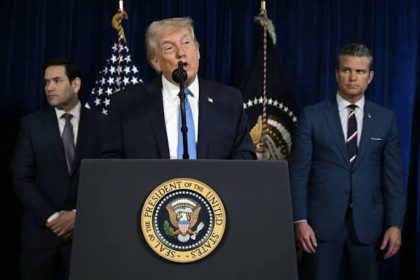Guinea-Bissau has been thrown into uncertainty after both President Umaro Sissoco Embaló and his main challenger, Fernando Dias, declared victory in Sunday’s highly contested presidential election. Official results were still pending on Tuesday, according to local media, but each camp has already announced its own win, raising fears of political tension in a country with a long history of military intervention.
Dias’s team was the first to claim success, saying he had secured enough support to defeat the incumbent. The opposition figure entered the race with the backing of the influential African Party for the Independence of Guinea and Cape Verde (PAIGC) and former Prime Minister Domingos Simões Pereira, whose own presidential ambition was blocked over technical issues.
Embaló’s representatives quickly countered with their own declaration, insisting the president had received more than 50 percent of the vote, a result they say would spare the nation from a runoff.
Analysts warn that such competing claims could destabilise Guinea-Bissau’s already fragile political climate. The small West African nation, which has faced repeated coups and attempted coups, has struggled to maintain long-term political stability.
If Embaló is eventually confirmed as the winner, he would become the first leader in more than 30 years to secure a second term in office. But with the exclusion of the country’s main opposition party making this one of the most contentious elections in recent memory, tensions are likely to remain high as the nation awaits the official tally.


